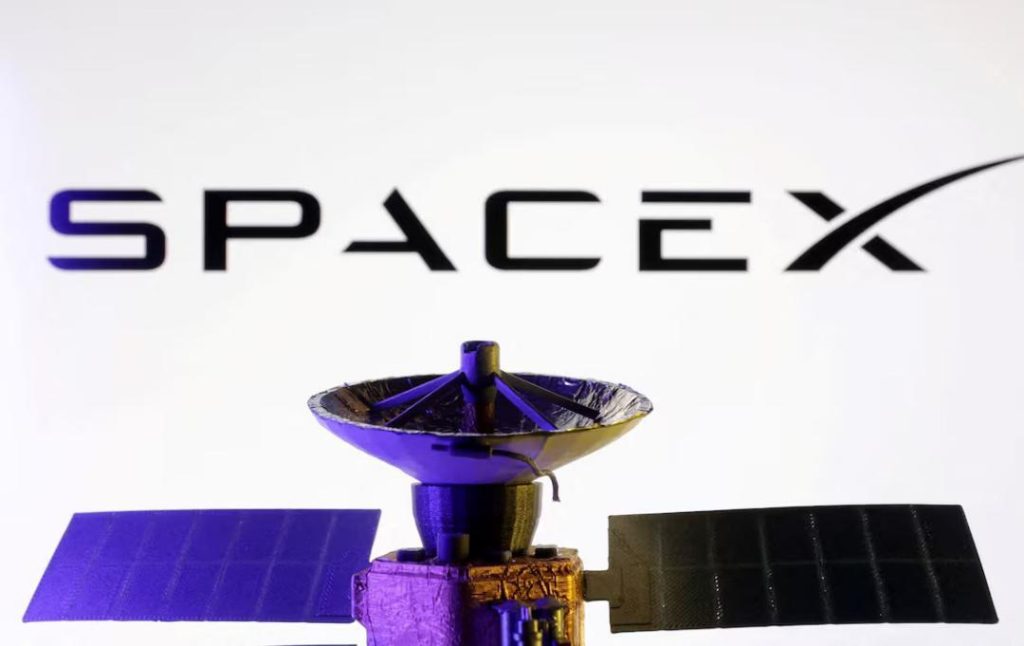
Musk’s SpaceX asks US to take action on foreign trade barriers
In a recent move, Elon Musk-led SpaceX has urged the US government to take immediate action against trade barriers affecting its satellite internet service Starlink in foreign countries. According to a report by Reuters, SpaceX has highlighted the challenges it faces in accessing foreign markets due to various trade barriers, including spectrum fees, import duties on equipment, and regulatory fees.
In a statement, SpaceX emphasized that while it has to pay significant amounts to access spectrum in foreign countries, its competitors are able to import their equipment duty-free into the US market. This uneven playing field is not only detrimental to SpaceX’s business but also hinders the company’s ability to provide its services to customers worldwide.
Starlink is a revolutionary satellite broadband service that aims to provide high-speed internet connectivity to remote and underserved areas around the world. The service uses a constellation of low-Earth orbit satellites to beam internet signals to users, offering speeds that are comparable to or even better than those offered by traditional fiber-optic connections.
However, SpaceX has been facing significant challenges in expanding Starlink’s services to international markets. The company has to navigate a complex web of trade regulations, licensing requirements, and fees, which can be costly and time-consuming. In addition to the fees mentioned earlier, SpaceX also has to comply with local regulations, obtain necessary permits, and meet specific technical standards, which can be a significant barrier to entry.
Despite these challenges, SpaceX remains committed to its mission to make high-speed internet a global reality. The company has been working tirelessly to develop and deploy its Starlink constellation, with the goal of providing internet access to millions of people around the world.
In its statement, SpaceX emphasized that it is not asking for special treatment or favors. Rather, the company is seeking a level playing field, where all companies, regardless of their nationality, are subject to the same trade rules and regulations. This would allow SpaceX to compete fairly and provide its services to customers in a more efficient and cost-effective manner.
The company has also highlighted the benefits of a more open and competitive global market, where companies can innovate and compete freely. This, in turn, would lead to better products, services, and prices for consumers.
The request by SpaceX has been met with widespread support from industry experts and lawmakers. Many have called for the US government to take action to address trade barriers and promote fair trade practices.
In a statement, Representative Earl Blumenauer, a Democrat from Oregon, said, “It’s unacceptable that foreign competitors are able to import equipment duty-free into the US market, while American companies like SpaceX are forced to pay significant fees to access spectrum in foreign countries. We need to level the playing field and promote fair trade practices to support American businesses and workers.”
Similarly, Senator John Cornyn, a Republican from Texas, added, “The US government has a responsibility to promote fair trade and protect American businesses and workers. We need to take action to address trade barriers and ensure that American companies like SpaceX have a level playing field to compete in the global market.”
In conclusion, the request by SpaceX highlights the need for the US government to take action to address trade barriers and promote fair trade practices. The company’s commitment to providing high-speed internet access to remote and underserved areas around the world is a testament to its innovative spirit and dedication to making a positive impact on society.
As the global internet landscape continues to evolve, it is essential that the US government takes a proactive approach to promoting fair trade and competition. This would not only benefit American companies like SpaceX but also lead to better products, services, and prices for consumers around the world.






